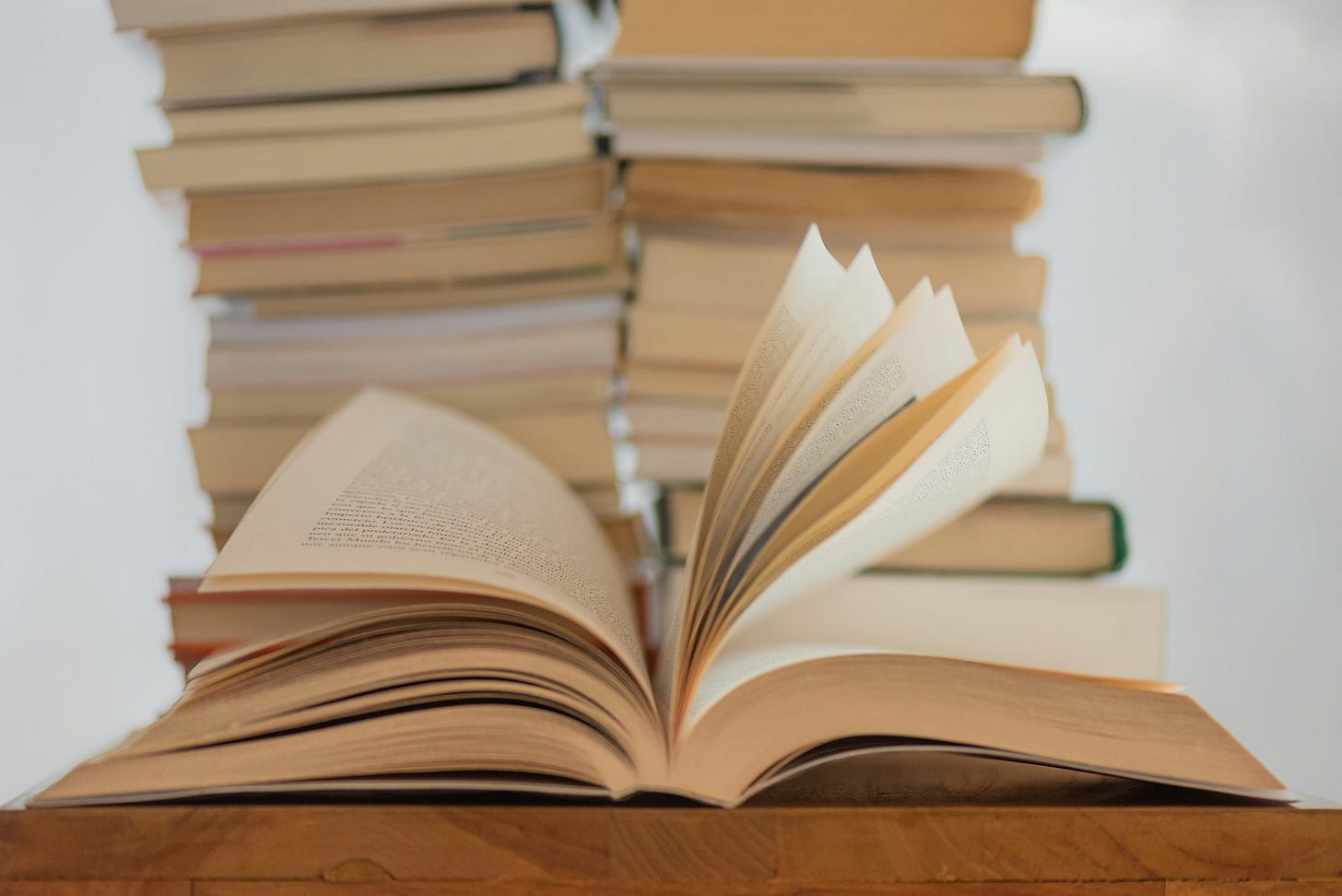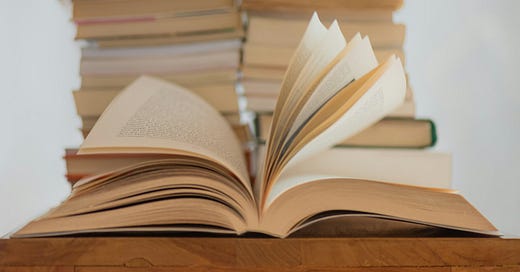Making knowledge more affordable & accessible via Parallel Imports

The very notion of Copyright owes its existence to the publishing industry, which first procured the exclusive rights through the "Statute of Anne" (first Copyright Act), an eighteenth-century enactment. Little wonder then that this powerful lobby endures having a significant say in the shape and size of the copyright regimes worldwide. India is no exception; when the first version of the Copyright Amendment Bill was tabled in Parliament in 2010, it included a provision that endorsed the international exhaustion doctrine and legalised parallel imports. An interesting analysis from CIS, Bengaluru can be found here.
From 2010-to 2014, there was a heated debate regarding the legality of parallel imports of copyrighted works in India. The standing committee sought to insert the proviso to Clause 2(m), Chapter 1 of the Copyright Act, 1957, "provided that a copy of a work published in any country outside India with the permission of the author of the work and imported from that country into India shall not be deemed to be an infringing copy" (also known as parallel imports). For example, a person importing iPhones from Dubai at a lower price and selling those iPhones in India after breaking the codes or selling magazine editions of one country into another at higher prices.
This provision allowed third parties to import and sell copies of the copyrighted works purchased legitimately in any part of the world without running the risk of copyright infringement. The concept of international exhaustion (also known as the first sale doctrine) and parallel imports have been enshrined under the intellectual property regimes of several countries such as Australia, Japan, New Zealand, and Hong Kong. For example, if A were to purchase a copy of "The Da Vinci Code" from a USA bookstore, A would have been well within his rights to bring this to India and sell it within the local market without infringing Dan Brown's Copyright.
For instance, in Australia, parallel importing is restricted, i.e., retailers can only purchase bulk copies of a book from the publisher who holds Australian rights. And, that publisher has to make that book available in Australia very quickly in order to retain their exclusivity. Although, the bookseller and consumer will be free to purchase single copies of any book direct from the overseas supplier. Likewise, in the USA, parallel importing is legal (Kirtsaeng v. John Wiley & Sons.). Although, Hong Kong prohibits the parallel importation of goods that are subject to Copyright. The right of copyright owners in Hong Kong is not exhausted by the sale of their goods anywhere in the world.
Similarly, Taiwan has a similar approach to that of Hong Kong in that its copyright legislation contains provisions against the parallel importation of goods that are subject to Copyright. Even Indonesia has recently changed its position on the parallel importation of goods subject to Copyright and has restricted parallel imports under the new Copyright Act, 2002. Unlike Taiwan, Hong Kong, and Indonesia, which prohibit parallel importation, Singapore applied the international exhaustion principle, i.e., the copyright owner exhausts its distribution rights after the first sale and is then open for parallel importation. On the other hand, Malaysia also permits parallel imports with limited scope. In other words, the imports apply only when the making of the imports is consented to by the copyright owner in Malaysia.
Libraries/Second-hand bookshops/customers cannot know whether the books were initially imported legally. There is no easy way of determining a parallel imported copy apart from an exclusively imported copy. Suppose anyone unknowingly sells/buys a foreign edition about which they are unsure, and it turns out it wasn't legally imported. In that case, they are committing copyright infringement which was precisely argued in the case of Costco v. Omega in the US Supreme Court.
The benefits that will accrue from allowing the parallel importations are enormous. A significant fraction of educational books in India are imported, but different companies have monopoly rights in importing other books. If parallel imports were to open up, one would not need the authorisation to import books. This is especially vital for libraries and students because even when the low-priced books are available, they are often of older versions.
Just as libraries and second-hand bookshops help book publishers, parallel importation will do the same. Libraries and second-hand bookshops are artefacts of the "first sale of doctrine" or the "doctrine of exhaustion" in copyright law, i.e., after the first sale of a book, the copyright owner cannot control the subsequent sales. Parallel importation is just a matter of applying the doctrine to the first sale of the book internationally rather than its first sale in India.
Opening up parallel imports is not likely to hurt the publishers but will expand the reading market.
A vast majority of law schools in non-urban areas are unlikely to have resources sufficient to import such titles at prices equivalent to or more than that prevalent in the west. If at all low prices Indian editions are available, they are older editions, and the national law school libraries expressed strong reluctance to waste money on these outdated editions. An amendment in the copyright act will not destroy the publishing industry. Instead, it will contribute to India's availability, affordability, and accessibility of educational books. This aspect was foremost in the mind of the Parliamentary Standing Committee that reviewed the Copyright Amendment Bill.
The stress of the committee on setting up a community library is a welcome suggestion in this regard, the entire report can be found here.



